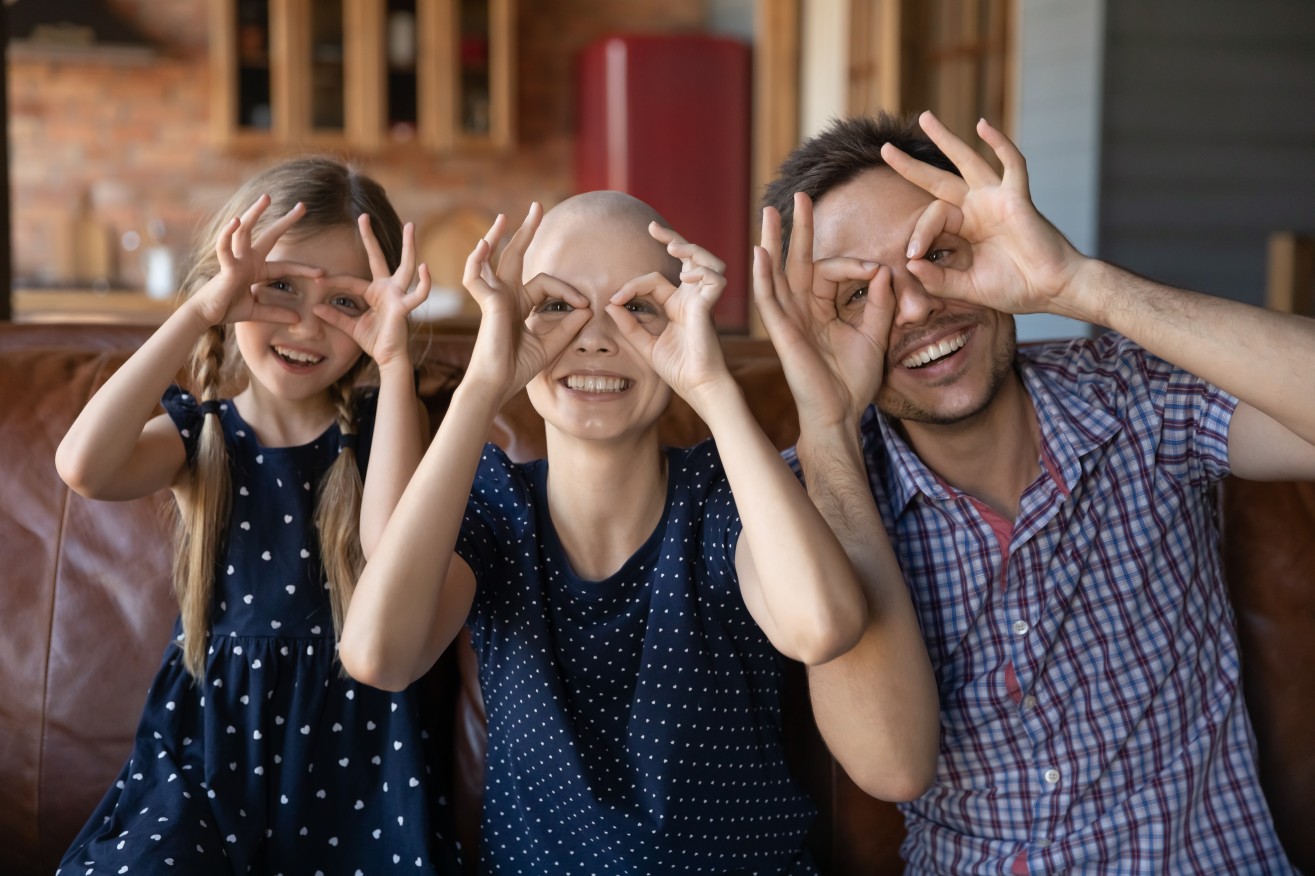
When Saranne Rothberg suffered from stage 4 cancer she found that humor and laughter were among the ways that she was able to cope.
As she fought through three cancer surgeries, more than two years of chemotherapy, and 44 radiation treatments she recalls that play and meditation were also key elements that gave her more energy, more hope, and improved her quality of life during that time.
Read More »The foundation offers comedy breaks and events such as five days of fun with experts who demonstrate strategies to increase humor, joy, laughter and a positive outlook on home and work life.
It has helped more than a million people who attended 1,800 live and online events around the world to rediscover their mojo, funny bone and purpose, the foundation says.
Rothberg recently was the brainchild behind an ongoing study into strategies to reduce stress for women who are living with advanced cancer. A major element of the study will be an in-depth look at how laughter, humor, and comedy can help patients to cope.
One in every three American men and women will be diagnosed with cancer at some stage during their lives. In 2021 an estimated 1.9 million new cases of cancer will be diagnosed and 608,570 people will die of the disease, according to projections by the American Cancer Society.
Backed by research
Few scientific studies have been conducted on the effect of humor on cancer patients. Those that have been conducted, however, show that laughter and comedy have strong positive effects on the wellbeing of patients.
Laughter therapy can be seen, too, as a beneficial form of treatment.
The studies show that humor:
• Cuts patient discomfort
In an in-depth look into the literature on the topic, Wanda Christie and Carole Moore found a positive link between humor and levels of comfort in patients suffering from cancer.
In a paper published in the National Library of Medicine, they concluded that humorous material cut the patient’s levels of discomfort and anxiety, allowing patients’ fears and concerns to be openly discussed.
In addition, they found that humor had a positive effect on the immune system, lessened pain, and cut levels of stress hormone.
• Improves a patient’s mood
Laughter therapy improves cancer patients’ mood and self-esteem, according to a South Korean study by the Department of Nursing at Asan Medical Center.
The study concluded that laughter therapy can be a noninvasive and a beneficial treatment for patients with cancer.
• Overcomes awkward situations
Humor helps overcome delicate and awkward times as well as situations that are challenging, a University of San Diego study by Wayne Beach and Erin Prickett found. The study analyzed recorded interviews between 30 doctors and cancer patients.
Examples when humor helps are when patients try to minimize their fears; when they justify that they are indeed well when in fact they are threatened with illness; when they claim to be normal in the middle of chronic conditions; and when they adopt the approach that losing or gaining weight is not a problem.
Such examples advance a sound case that cancer care involves many poignant moments that can be managed through humor and laughter, the study authors say. They conclude that quality cancer care can be improved by an understanding of how to manage situations through humor and laughter.
Patients themselves often will initiate humor when talking about challenging and troubling situations, the study authors say. Most of the humor, however, was among family and friends. Doctors seldom shared in the humor and laughter, they found.
The study is published in the National Library of Medicine.
• Reduces anxiety
Humor allows a person to adjust to stress caused through anxiety in a productive way, according to a study published in the Journal of Clinical Oncology.
The article quotes a patient who said that reactions, such as depression, denial and anger, made the patient feel less human. Laughter, however, made the patient feel more inviting to others, more open to ideas, and a little stronger inside.
Patients are asked to conduct conversations that can be confrontational and can deal with end-of-life topics, the study authors point out. These topics usually need to be discussed early in the relationship between doctor and patient. It is best, therefore, to have a type of interaction that provides some familiarity, fails to offend, and can easily be conducted, they say.
• Creates a more relaxed atmosphere
Humor can establish an atmosphere that is more relaxed and helps to level the ground between the patient, oncologist, and family, the study found.
In addition, humor can reduce the embarrassment and tension that both doctor and patient feel when discussing intimate topics or examinations that can be intimate.
The most important aspect, the researchers say, is that it can provide kinship and familiarity that are needed for the lengthy relationship that an oncologist will develop with the family and patient. The patient will feel that the oncologist is a person outside the confines of the medical relationship.
Humor also can break the ice, reduce fear of what is unfamiliar, and create a trust. Nurses, medical staff, and secretarial staff all can become involved, the researchers say.





